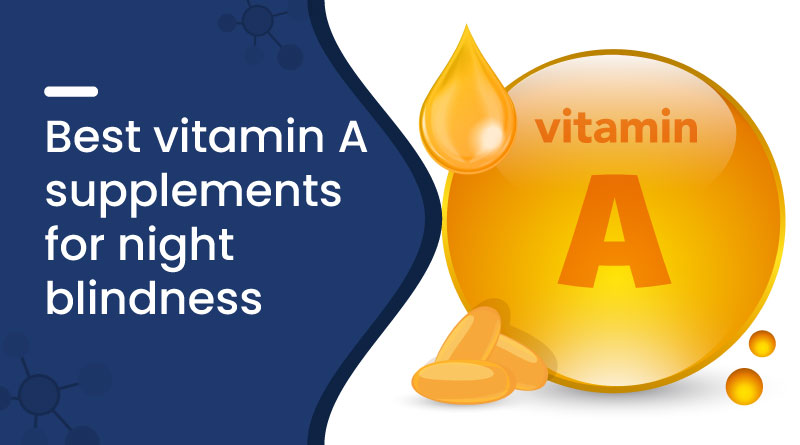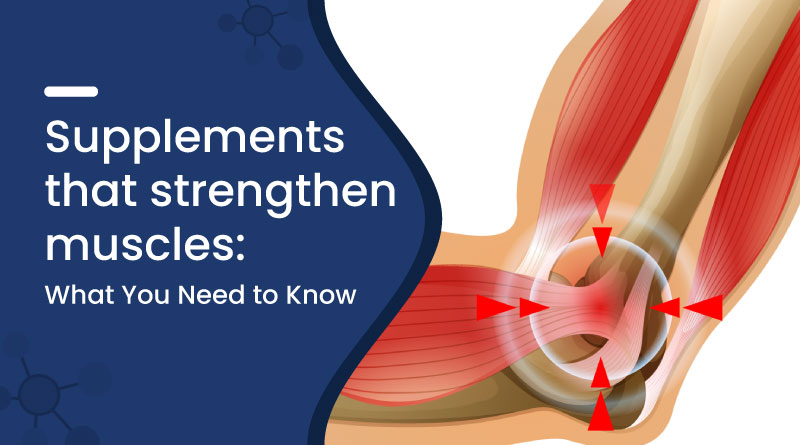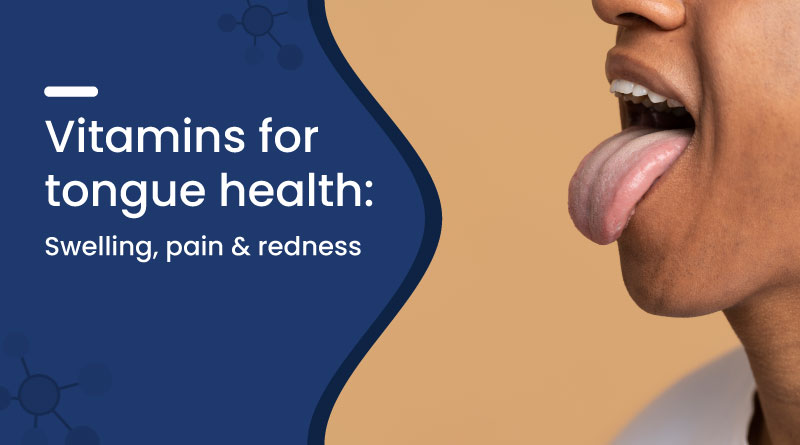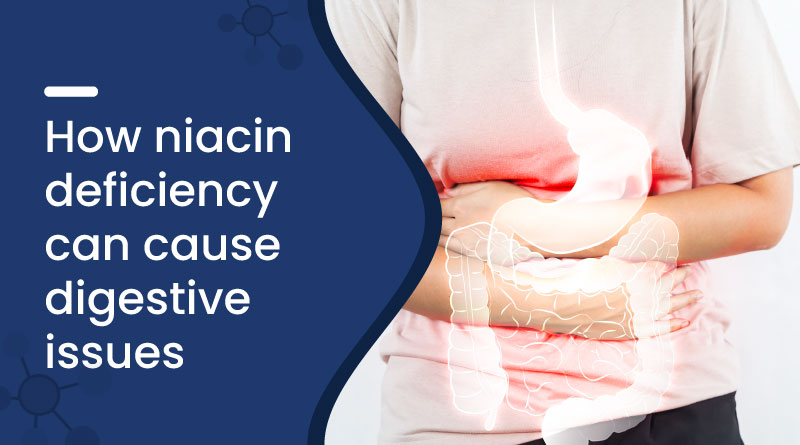Best Vitamin A Supplements for Night Blindness


Having trouble seeing in the dark? You might be facing night blindness, a condition often linked to Vitamin A deficiency. Vitamin A plays a key role in maintaining healthy vision, especially in low-light settings. In this blog, we’ll explore how Vitamin A supplements help with night blindness, who should take them, and what to consider when choosing the best option.
What is Night Blindness & How is it Related to Vitamin A?
Night blindness (nyctalopia) is the inability to see clearly in low-light or dark environments. One of the most common causes is a deficiency of Vitamin A, particularly the active form known as retinol.
Vitamin A helps produce rhodopsin, a pigment in the retina that allows your eyes to adjust to darkness. Without sufficient Vitamin A, your night vision can deteriorate rapidly, affecting daily life and safety.
How Do Vitamin A Supplements Help with Night Blindness?
Vitamin A supplements play a crucial role in:
- Supporting the production of visual pigments
- Maintaining healthy corneas and conjunctival tissues
- Preventing dry eyes, a common symptom of deficiency
- Enhancing low-light vision by boosting retinal function
By replenishing the body’s Vitamin A levels, supplements can restore proper eye function and improve night vision over time.
What Should You Look for in the Best Vitamin A Supplement for Night Blindness?
When choosing a supplement, consider the following factors:
- Form of Vitamin A: Look for retinyl palmitate or retinyl acetate for immediate absorption, or beta-carotene for a plant-based, conversion-dependent source.
- Dosage: For adults, doses between 2500 IU to 5000 IU are generally recommended, depending on the severity of deficiency.
- Combination with other nutrients: Supplements with zinc or Vitamin E may enhance absorption and effectiveness.
- Capsule, softgel, or liquid: Choose a format that suits your preference and digestion.
When and How to Take Vitamin A Supplements for Night Blindness?
- Timing: Best taken with a meal containing fat to ensure absorption, as Vitamin A is fat-soluble.
- Consistency: Take daily or as prescribed by a healthcare provider.
- Duration: Visible results may take 2–4 weeks, depending on your baseline levels and overall health.
Always consult a healthcare professional before starting any supplement, especially if you're pregnant, breastfeeding, or on medication.
Who Should Consider Taking Vitamin A for Night Blindness?
Vitamin A supplements are ideal for those who:
- Have difficulty seeing in dim or dark environments
- Follow a diet low in animal products, leafy greens, or dairy
- Suffer from malabsorption conditions like Crohn’s disease or celiac disease
- Have dry eyes, eye strain, or blurred vision
In regions with poor access to nutrient-rich food, Vitamin A deficiency is more common, making supplementation even more critical.
Are There Any Side Effects of Vitamin A Supplements?
While effective, high doses of Vitamin A can be toxic. Possible side effects include:
- Nausea or vomiting
- Headache or dizziness
- Liver stress in prolonged overuse
- Skin irritation or bone pain (rare)
Stick to recommended dosages and avoid combining multiple supplements containing Vitamin A unless advised by a doctor.
Frequently Asked Questions
Q. Can Vitamin A cure night blindness?
A. Yes, if due to deficiency, Vitamin A can improve or reverse night blindness.
Q. How soon do supplements work?
A. Results may appear in 2 to 4 weeks, depending on severity and consistency of intake.
Q. Can children take Vitamin A for night blindness?
A. Yes, but only under medical supervision. Dosages vary based on age and condition.
Q. Are there food alternatives to supplements?
A. Yes, carrots, spinach, sweet potatoes, dairy, and liver are rich in Vitamin A or beta-carotene.
Q. Can I take Vitamin A supplements every day?
A. Yes, if taken as directed. Long-term high doses should be avoided.
Conclusion
Night blindness is a serious yet manageable condition, especially when linked to Vitamin A deficiency. With proper supplementation, you can restore eye health, enhance low-light vision, and improve overall quality of life. Choose a supplement that suits your needs, stay consistent with the dosage, and always prioritize safety.
Addressing night blindness early can be a game-changer — a true vision-care breakthrough.








 Added!
Added!